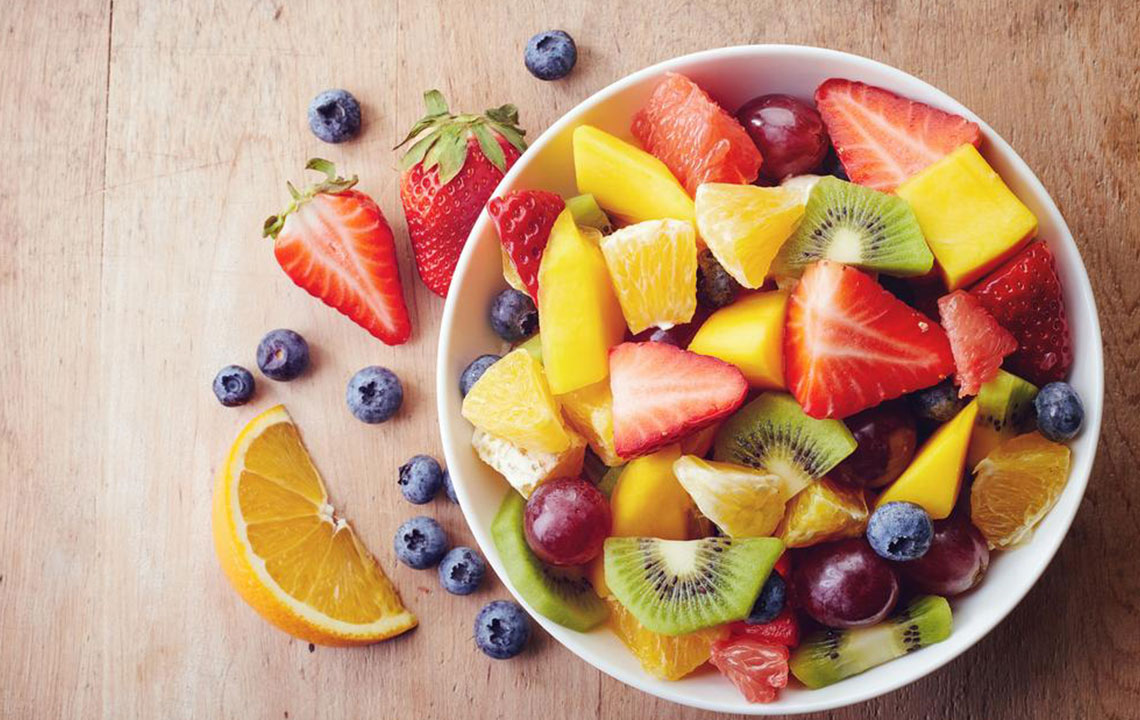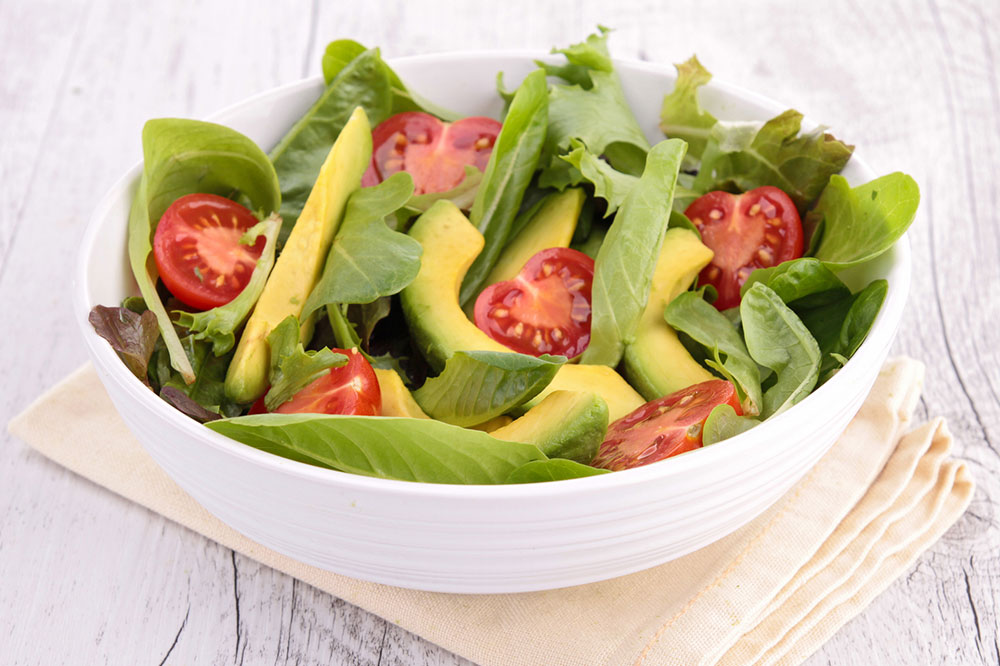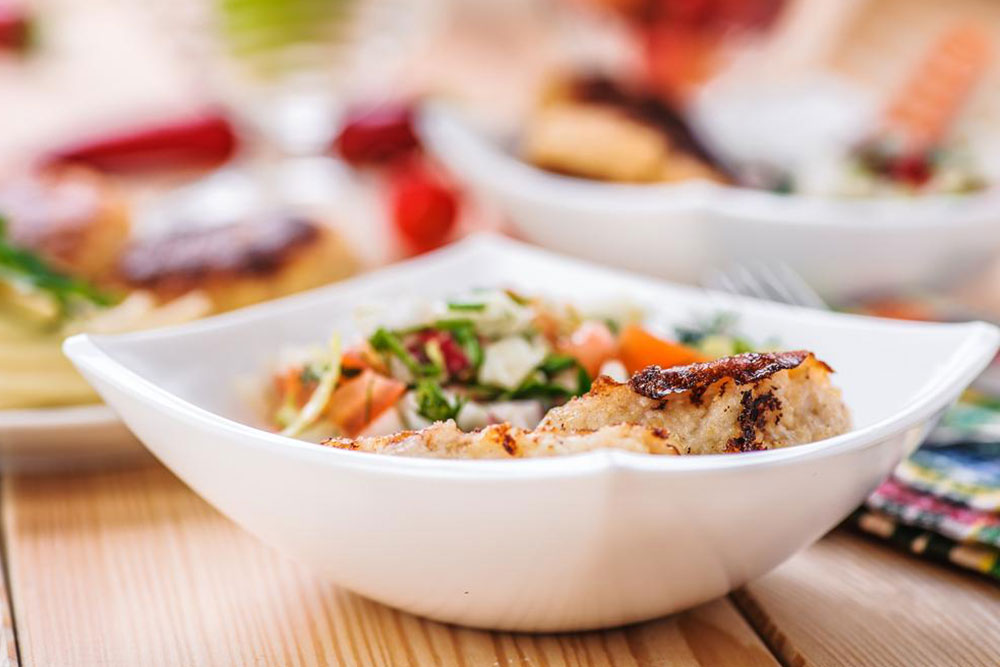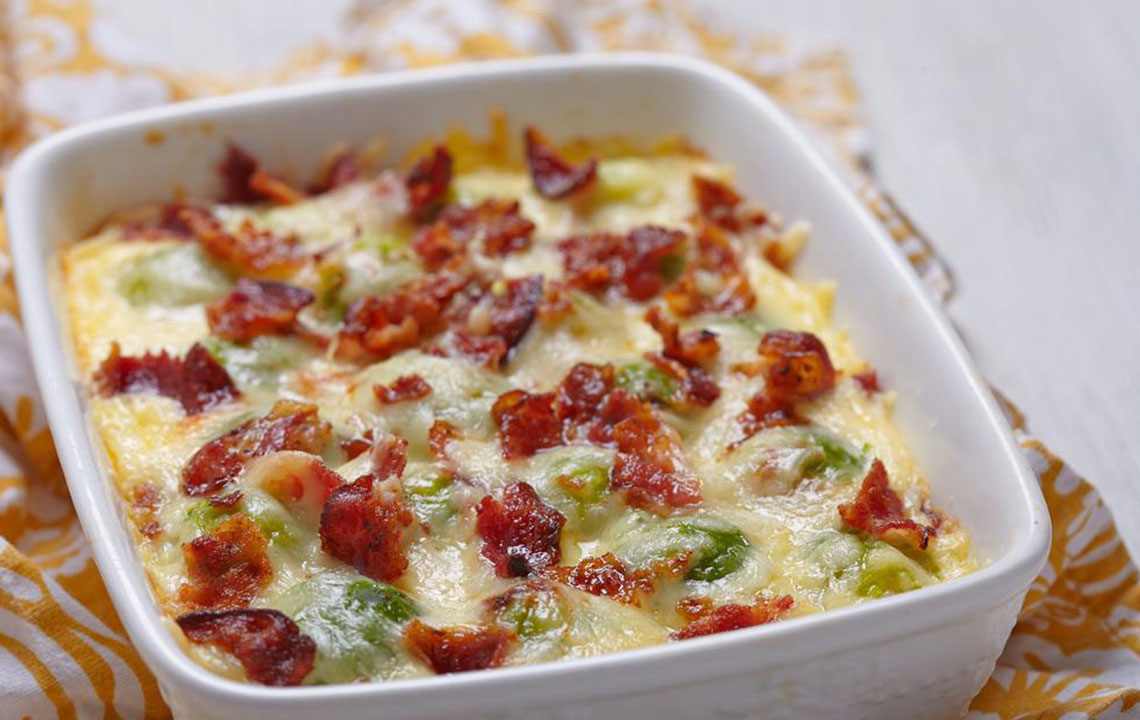Diet Strategies and Foods for Pancreatitis Recovery
This article offers comprehensive dietary guidelines for pancreatitis recovery, highlighting beneficial foods like legumes, fish, and leafy greens, while advising to avoid processed and sugary foods. It emphasizes the importance of a balanced, low-fat diet to support healing and prevent future episodes, with expert consultation recommended for personalized plans.
Sponsored

Pancreatitis involves inflammation of the pancreas, occurring suddenly and persisting for several days. Usually triggered by digestive enzymes attacking the pancreas, factors like gallstone development can contribute to the condition. Symptoms include severe upper abdominal pain, nausea, and vomiting. Hospitalization is common, but post-discharge, adopting a healthy diet is essential to prevent future complications.
Recommended Foods
1. Legumes and Pulses
Including fiber-rich foods such as beans and lentils helps prevent gallstones and reduces the risk of disease escalation. They are high in antioxidants and proteins, supporting inflammation reduction and energy replenishment during recovery.
Fish varieties like cod and haddock, low in fat and high in protein, are beneficial for pancreatitis management. Consuming 2-3 servings weekly may help reduce episodes not caused by gallstones. Fatty fish such as salmon and mackerel are rich in omega-3 fatty acids, which decrease inflammation and support healing.
Low-fat dairy options—including milk, yogurt, and cheese—are good protein and calcium sources. Calcium aids pancreatic juice secretion, and proteins help recovery. Avoid high-fat dairy as it may cause discomfort. Lactose intolerance can be managed with alternatives like soy-based products.
Leafy greens such as spinach, kale, and lettuce contain antioxidants that combat inflammation. They’re invaluable during healing phases and provide essential vitamins and minerals for overall health.
Whole grains like oats, brown rice, and quinoa are fiber-dense and help prevent gallstones. Portion control is advised, and consulting a healthcare provider before including grains is recommended, especially for tailored dietary guidance.
Lean meats like chicken, turkey, and venison are easier to digest and lower in fat compared to red meats. They provide necessary protein while reducing risks of cholesterol and cardiovascular issues that can exacerbate pancreatitis.
Beetroot, rich in fiber, vitamin C, iron, and other nutrients, boosts immunity and reduces inflammation. Limited intake is advised as excess can be hard to digest.
Sweet potatoes are nutritiously dense with beta-carotene and fiber, aiding immunity and inflammation reduction. They can be prepared in various ways—boiled, stir-fried, or added to soups and smoothies.
Foods to steer clear of include sugary snacks, processed meats, and high-fat dairy, which can worsen symptoms. Processed and red meats are hard to digest and may elevate cholesterol levels. Instead, favor lean meats, eggs, and fresh foods. Packaged foods containing preservatives and additives should be avoided, favoring homemade meals.
In some cases, doctors recommend a liquid diet post-attack, such as clear broths and natural fruit juices, with guidance from health professionals. Always consult your healthcare provider or nutritionist to develop a suitable plan tailored to your recovery journey.






